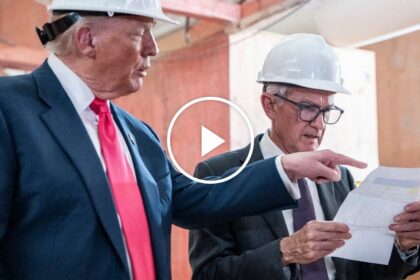Umuganura, Rwanda’s national harvest day celebrated on the first Friday of August, was–and still is–a celebration marking the end of the year. It represents the spiritual core, and thus the mind and soul, of Rwandans. It embodies the spirit of umutima–Rwandans with heart and soul; those with a sense of social responsibility; those who prioritize society before self. It requires love for others–present and future generations.
ALSO READ: Not just sorghum: What’s Umuganura in our time?
It is little wonder, then, that Umuganura was one of the first targets of colonial manipulation, aimed at enforcing a divide-and-rule strategy. Colonial powers struck a blow to Umuganura precisely because of its spiritual importance to Rwandan society. The social coherence of Rwanda was deeply rooted in it. Umuganura went beyond feasting–it embraced the spiritual essence of Rwandans, even bearing a divine connotation.
ALSO READ: Umuganura: spirit of harvest, revival and nationhood
Umuganura is an important cultural event in Rwanda. It is a celebration that honours the country’s rich agricultural heritage and the abundance of the season’s harvest. Its origins date back to precolonial Rwanda, where it was held to mark the end of the harvest season and to give thanks to God for the land’s bounty.
The event played a central role in traditional culture, bringing people together to celebrate their shared heritage. Celebrated every year, in August, it traditionally lasted for several days. Rwandans would gather to sing, dance, and enjoy food. It was also an occasion to showcase agricultural produce and recognize farmers for their hard work.
Historical connotation
“Inzira y’Umuganura”–the ritual of first fruits–was one of the 18 sacred rites that comprised ubwiru, the esoteric code of governance in precolonial Rwanda.
These included rituals related to the economy, national security, and the continuity of the royal institution. Inzira z’ubwiru–the esoteric paths–determined how the nation was to be governed during a particular era. In times of famine, the ritual structure even prescribed measures for national recovery.
ALSO READ: Rwandan history: The revival of Rwanda under the leadership of Ruganzu II Ndoli
Historically, the day of first fruits–Umuganura–was celebrated annually and held in high esteem both at the royal court and within the Rwandan family. The first Umuganura was celebrated during the reign of Gihanga Ngomijana, Rwanda’s founding king. It was later revitalized by Ruganzu II Ndoli (1510-1543), who restored national sovereignty after more than 10 years of foreign rule, specifically under the Abanyabungo.
Today, the festival features a wide array of activities, including traditional music and dance performances, fashion shows, and exhibitions of agricultural produce. It is an opportunity for Rwandans to showcase their cultural heritage through traditional clothing, crafts, and food. The celebration usually takes place at the village level, where communities come together to honour their shared identity.
Umuganura holds significance for several reasons. It celebrates Rwanda’s agricultural heritage, a cornerstone of the country’s economy.
It acknowledges the dedication of farmers and emphasizes the importance of agriculture in national development. The event promotes cultural heritage and strengthens national identity.
It also serves as a platform for people to reconnect with their roots and take pride in the nation’s unique cultural traditions.
The festival also boosts tourism, attracting visitors from around the world who come to experience Rwanda’s rich cultural tapestry. Most importantly, it fosters national unity and reconciliation. People from all corners of Rwanda–regardless of background or ethnicity– come together to celebrate a common heritage.
Traditional dishes such as sorghum, maize, cassava, potatoes, pumpkins, beans, peas, and bananas are served, along with local drinks like Ikigage, Urwagwa, and Ubushera.
After sharing a meal, people reflected on the successes and challenges of the past growing season.
Recognizing the significance of Umuganura in national development, the government granted it official recognition. A February 2017 presidential decree established the first Friday of August as a national holiday. The decree aims to encourage Rwandans to come together, foster unity, reflect on achievements, and commit to even greater progress in the year ahead.




